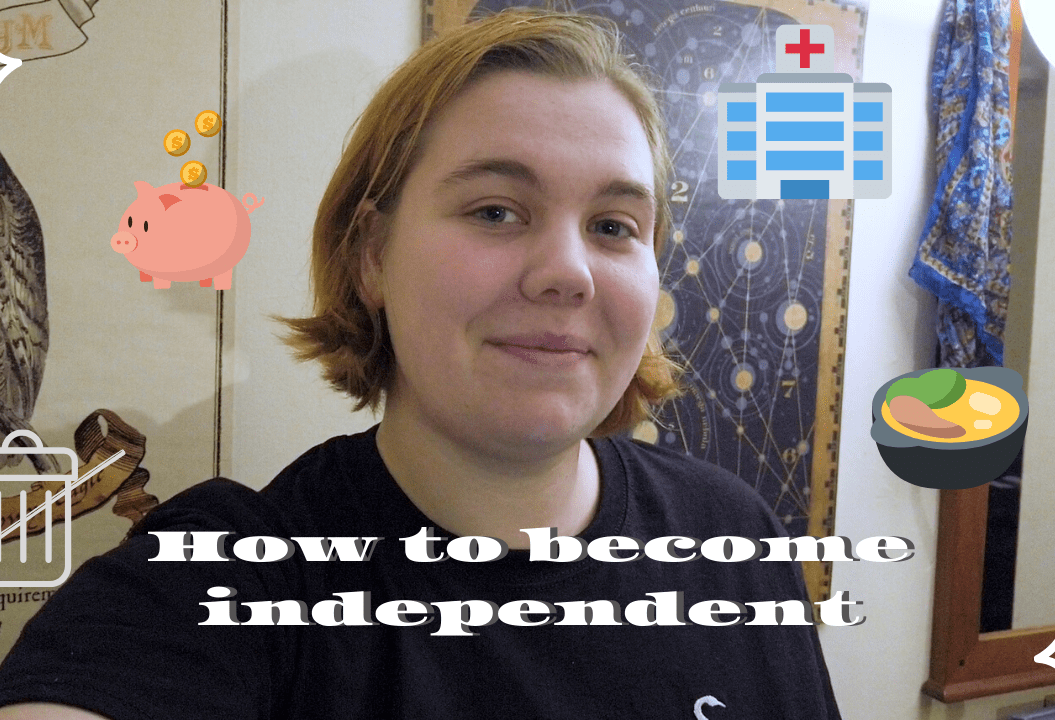Hi! I'm Tash, a third year English student and (very very very) amateur photographer, who is liable to accidentally dye my light clothes (or friends, or seats, or walls) blue with my hair whenever it rains :)

4 quick ways to revamp your study
December 13, 2019,
read.
This article is more than 3 years old
Figure out what kind of learner you are
Before you start studying you need to know how you learn best. Not everyone works best by just re-reading their written lecture notes. There are three distinct types of learners: audio, visual and tactile or Kinesthetic learners. For each different style, different methods have been found to be more helpful; things like using colours and diagrams if you’re a visual learner, or videos and lecture recordings if you’re an auditory learner. These different techniques, tailored to you, can help your brain retain more information and make your study more effective. Try the link here to take a quiz and find out your individual study style.
Shifting your study spaces
The university has lots of different places available that students can use to study. The library has different floors with different noise levels to suit how you learn. The study lounges in buildings like Isaac Newton and Minerva are great for working independently or between lectures, and for a more laid-back setting the Swan, Tower Bar or the handful of on-campus coffee shops also make great study spots.
Trying out different places and finding the ones that suit you best will help with your focus, and studying somewhere other than your bedroom will help your brain associate your room with rest and not work, letting you relax and sleep better too.
Using study Apps
More and more apps are being designed to help out students with their learning. The app store has an Education section, featuring classics like Kahoot and Quizlet Flashcards, as well as brain training apps and organisers or study diaries. One particular app for people who struggle with getting distracted by their phones while trying to study is Flora.
Flora lets you put a timer on for how long you want to study, and if you’re able to study for that set amount of time uninterrupted, you get to plant a little digital tree in your Flora garden. You can track how much time you’ve spent studying by looking at the growth of your garden, and you can pledge money against the time you study, paying for the planting of a real tree. This initiative has funded the planting of over twelve thousand trees so far!
Set reachable goals for yourself
When setting yourself up to spruce up your study, make sure the goals you set yourself are easy to track and, at least in the beginning, easy to reach. If you start off by setting yourself targets that are really hard to hit, you may end up feeling disheartened and tapping out before you’ve developed the new habits you’re aiming for. Starting small and building up, and rewarding yourself for each goal you hit, gives you the positive enforcement you need to motivate the changes you want to achieve, and will make it far easier for yourself in the long run.
This article is featured on Learning at Lincoln.
Please note: This content was created prior to Coronavirus, and some things might be different due to current laws and restrictions. Please refer to the University of Lincoln for the latest information.




